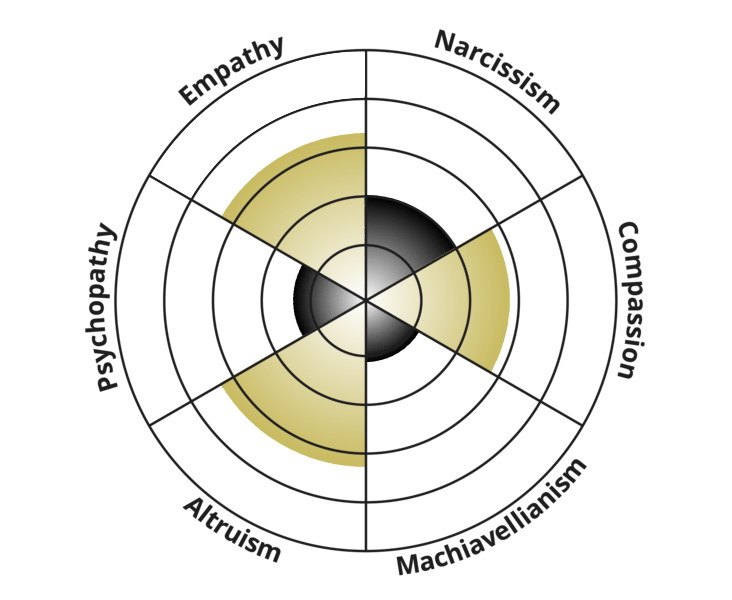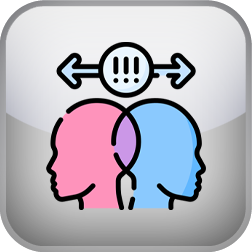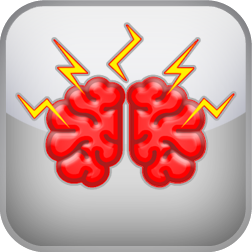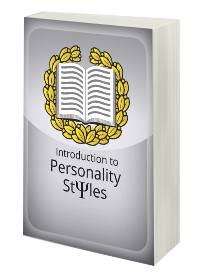Light/Dark Triad Test
You are here because one of your friends linked you to their Light/Dark Triad result:
Take the TestResults:

- Your friend tends 32% more toward the light triad than the dark triad.
- Your friend is 2.93% lighter than the average person.
Explanation of Traits:
Empathy is the ability to understand and share the feelings of another. People who score high on empathy are sensitive to the feelings of others and tend to resonate strongly with other people’s emotional states. Studies have shown that empathy is positively related to prosocial behaviors. That is, people who resonate with the feelings of others are also more likely to offer a helping hand, whether practically, therapeutically, or emotionally.
Compassion is the tendency to experience sympathy, pity, and concern for those who are suffering. Compassionate individuals readily notice when others are troubled and react with the kindness and consideration that is appropriate for reducing their suffering. Moreover, compassionate individuals understand that suffering is a universal component of the human experience and exhibit a nonjudgmental understanding of those who are struggling.
Altruism is the propensity to show disinterested and selfless concern for the well-being of others. Altruistic individuals tend to experience feelings of warmth after doing something good for others and are often strongly motivated to do good without expecting anything in return. As such, they are often seen as generous, helpful, and kind.
Narcissism is an egotistical interest in, or admiration of, one’s self. Narcissists tend to be excessively preoccupied with themselves and motivated by getting admiration from others and maintaining a grandiose self-image. Because narcissists are so preoccupied with getting others to buy into their self-image, they may initially seem charming, but most narcissists have trouble developing real relationships on account of their difficulty with empathy and their lack of interest in others.
Machiavellianism is characterized by a duplicitous interpersonal style, a cynical disregard for morality, and a focus on self-interest and personal gain. People who score high on Machiavellianism tend to be unemotional and take an instrumental view of others. They are therefore able to detach themselves from conventional morality and manipulate others. Highly Machiavellian individuals can be very patient with their deceptions due to their calculating nature.
Psychopathy is identified by the tell-tale sign of shallow emotional responses. The underdeveloped affect of psychopaths endows them with high stress tolerance, low empathy, and little guilt, which prompt them to seek out extremely stimulating activities (sex, violence, drugs, or financial risk), resulting in impulsivity and a disposition toward interpersonal conflict. Personality traits associated with psychopathy include a lack of empathy or remorse, antisocial behavior, and volatility.
References
- Johnson, Laura K.D. (2018): "The Light Triad Scale: Developing and Validating a Preliminary Measure of Prosocial Orientation.” Electronic Thesis and Dissertation Repository. 5515.
- Kaufman, S., Yaden, D., Hyde, E., & Tsukayama, E. (2019): “The light vs. dark triad of personality: Contrasting two very different profiles of human nature.” Frontiers in Psychology.
- Dowgwillo & Pincus: Differentiating Dark Triad Traits Within and Across Interpersonal Circumplex Surfaces (Assessment 2016) 1073191116643161.
- Furham, Richard & Paulhus: The Dark Triad of Personality: A 10 Year Review (Social and Personality Psychology Compass Volume 7, Issue 3, 2013) pp. 199-216.
- Jonason, Kaufman, Webster & Geher: What Lies Beneath the Dark Triad Dirty Dozen: Varied Relations with the Big Five (Individual Differences Research 2013, Vol 11. No. 2) pp. 81-90.
Take Next
GET THE FULL STORY
Become a lifetime member with a one-time payment
WHAT YOU GET
Access to members-only tests
Ability to track and save test results
Access to all of our eBooks (value $44.94)
Access to premium type assessments and infographics
Become a memberGET THE FULL STORY
Manual of Personality Styles
WHAT YOU GET
71-page manual, explaining the make-up of all personality styles, their hidden drives, and the theory behind the system.
Presented in an easy-to-read style and backed up by solid academic references.
14-day, no-questions-asked, money-back guarantee.
Order NowSave and monitor your results over time
Become a member today
Sign Up












